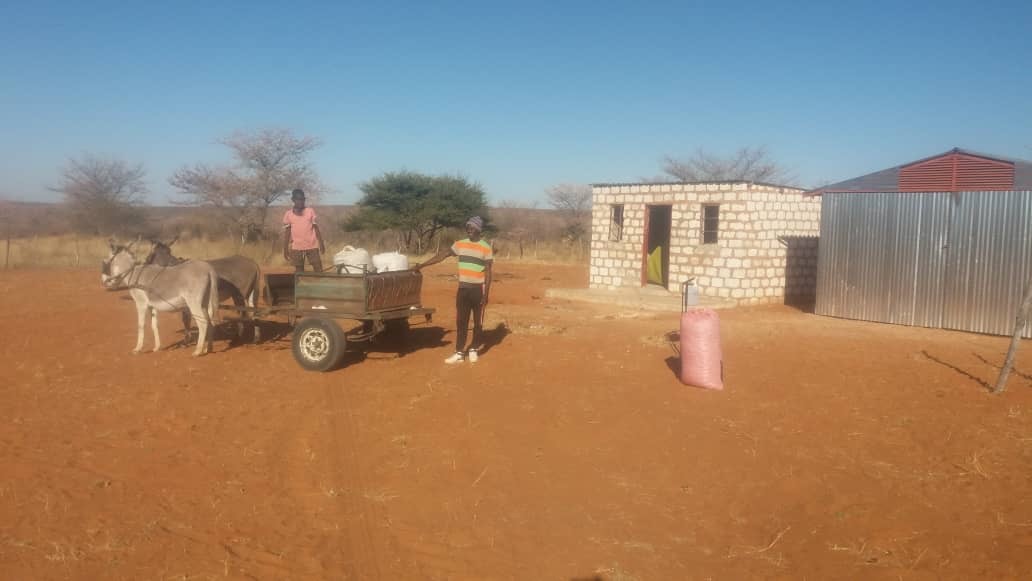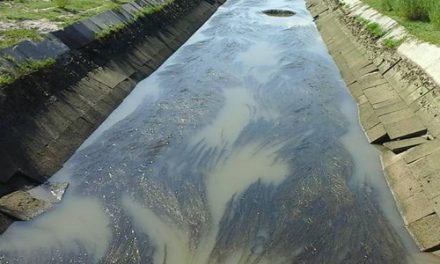
Devil’s Claw brings financial relief for communities in Omaheke

Community members from the Eiseb conservancy and Omuramba ua Mbinda conservancy in the Omaheke region generated close to N$300,000 from the sales of Devil’s Claw at their second buying event recently.
The second formal buying event was organised by Omuramba ua Mbinda Conservancy and Eiseb Conservancy with the support of the Namibia Nature Foundation (NNF) and was held on 9 and 10 July at Eiseb 10 and Okatumba Gate. Here, harvesters had the opportunity to sell their harvests at what they termed a good price, worthy of their efforts and without needing to travel long distances to find a buyer.
Community members commented on the noticeable increase of participating harvesters and amount of Devil’s claw at the events. Around 5 000 kilograms of Devil’s Claw were sold to EcoSo dynamics at N$58 per kilogram of which N$6,00 is subsidised for the administration of the conservancy’s ‘Buying Point’.
“In the midst of a global pandemic that has now had a prolonged economic downturn, investments in income-generating opportunities, especially within rural areas, remains of vital importance as unemployed people and those that have lost jobs retreat to the villages for survival as urban areas prove to be difficult to live in,” said Nabot Mbeeli, NNF Coordinator.
The administration of the conservancy plays a vital role in the selling price of Devils Claw by ensuring the quality of Devil’s Claw sold at the Buying Points is of a high standard and best harvesting practices are adhered to. In turn safeguarding the natural resource by being harvested sustainably.
Since the first buying event at Okatumba Gate in August 2020, where ca. N$160 000 was generated, 2 storage units have been constructed at Eiseb 10 and Okatumba Gate to serve as established ‘Buying Points’ and managed by the conservancies.
The NNF, with funding of N$1.5 million from Social Security Commission (SSC) under the Employment Creation Scheme, has sought to support and equip around 100 Devil’s Claw harvesters from the two conservancies for 2 years in becoming self-employed and successful in generating an income from harvesting and selling the Devils Claw.
The managers of the two conservancies Erwin Tjituka and Jacquiline Kandapaera echoed that should harvesters continue to harvest sustainably, Devil’s Claws would continue to generate income for the community members, their families and generations to come.
Devil’s Claw (Harpophytum procumbens) is an indigenous plant to Southern Africa and is widely used as a medicine for treating arthritis, reducing pain and fever and stimulating digestion.. More recently, it has become an important product for export to the European market with the biggest exports to France and Germany.
In Namibia, Devils’ Claw is listed as a protected species under the 1977 Nature Conservation Ordinance of the Ministry of Environment, Forestry and Tourism, and may not be harvested or exported without the correct permits.











































